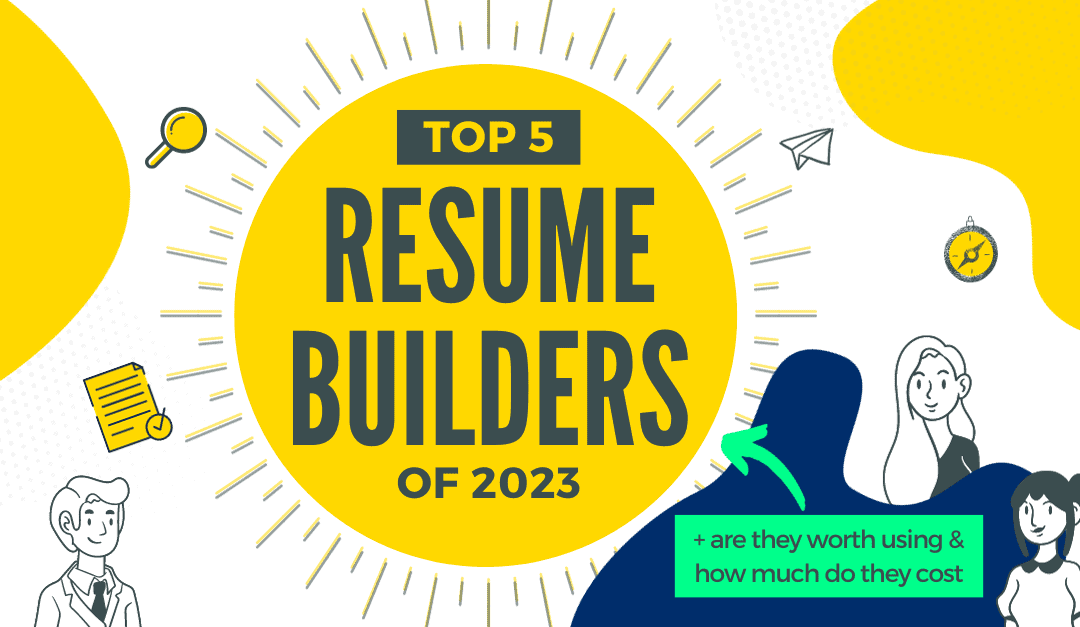How to Find your Interview Stories with Real Examples
A very common mistake I used to make was to answer interview questions with answers. It is much more effective to answer interview questions with stories. The three stories you should have in your pocket no matter where you are interviewing are:
A story about how you handled a problem at work
A story about what you did when something went terribly wrong
A story about a time you demonstrated leadership or initiative
If possible, it’s always better to craft stories that are relatable to the the current position you’re applying to. If your stories are from a completely different industry it might be hard for the interviewer to understand them or relate to them.
Here is an example of a story I tell about when something went wrong:
O great question. Well there’s a lot to choose from but I think one time that really stands out for me is on the John Kerwin show. It’s a talk-show I worked on that’s like Jay Leno or Conan. Anyway, we had this guest come on the show who was an actor and I won’t say who he was because of privacy, but let’s call him Tim. He came on the show to promote his new book, but you could tell this guy didn’t care at all about the book and was just there because his publicist made him go. So he was in a bad mood and John was interviewing him and this guest was being really crass and dropping F-bombs left and right and the whole crew was shaking their heads thinking, “man this is a disaster, this is going to be the worst show we’ve ever done.” I knew that we needed to do something and I remembered that we had prepped some exercises to do with next week’s guest, we had some skits we were going to do. So I went into next week’s production folder and during the commercial break I went to John and said, “John I think you should try these with this guy. Clearly he doesn’t care about his book but maybe this will get him going.” So John, seeing there’s nothing to lose at this point, said to the guest, “okay so moving on we’ve got some skits to do!” And they started doing the skits and you could just see this guy’s eyes light up and he was having fun and it turned out to be one of the best shows we’ve ever produced! So I’d say that was a pretty proud moment for me.
So first of all, this didn’t actually happen this way.
The story was much more involved and there were a lot more pieces to it, but that doesn’t matter. When a friend asks me what a certain book is about, I don’t go telling them about each character’s backstory, the scenery, etc, I tell them about the main plot points that will peak their interest.
Interview stories are the same way.
What’s important is conveying the story in an easily digestible manner. We want to hit the main points without any extra fluff.
In this case I tried to show that I was cool under pressure, thought of a creative solution, and then wasn’t shy about sharing that creative solution with my superior. If you need to make up a story or blend two stories into one, go for it. It’s better to present a clear story than a 100% factual one that sucks.
A good rule of thumb I’ve found is to try to tell 3 short stories during an interview. Sometimes you’ll only get to 2 and sometimes 4, but don’t go overboard with them. I time all my stories to be under 3-minutes in length.
If you want to learn more about how to find your specific interview stories, I teach you my exact process in the Interviewing for Introverts course below. We go over how to time your stories, practice them, and even how to modify them for each stage of the interview process.
Read more resume and interview best practices on The GHYC Blog.
More from the blog:

Best Resume Builders of 2023 (Pros & Cons + Prices)
Modern resume builders use AI, ATS-friendly templates, and active recommendations to help you build your perfect resume faster than ever before. In this post we’ve rounded up the 5 best resume builders of 2023.
How to Beat the ATS in 25 Minutes | The Ultimate Guide
In this guide I’ll show you how to beat the ats (applicant tracking system), plus I’ll give you 2 ATS-friendly resume templates and a free tool to test if your resume is ATS-friendly.
Accelerate your career with a course!
Tired of waiting to hear back from hiring managers? Speed up your job search with one of our accelerated courses. Learn how to optimize your resume, improve your LinkedIn, and nail your interviews to get hired within weeks!
Bogdan Zlatkov is the Founder of GHYC and author of "The Ultimate Guide to Job Hunting", ranked #1 on Google. He has been featured in the Wall Street Journal, Fast Company, HR Dive, and more. At GHYC, Bogdan creates job search courses & tools by working with award-winning career coaches, best-selling authors, and Forbes-Council members. Prior to GHYC, Bogdan led the content programs at LinkedIn Learning.